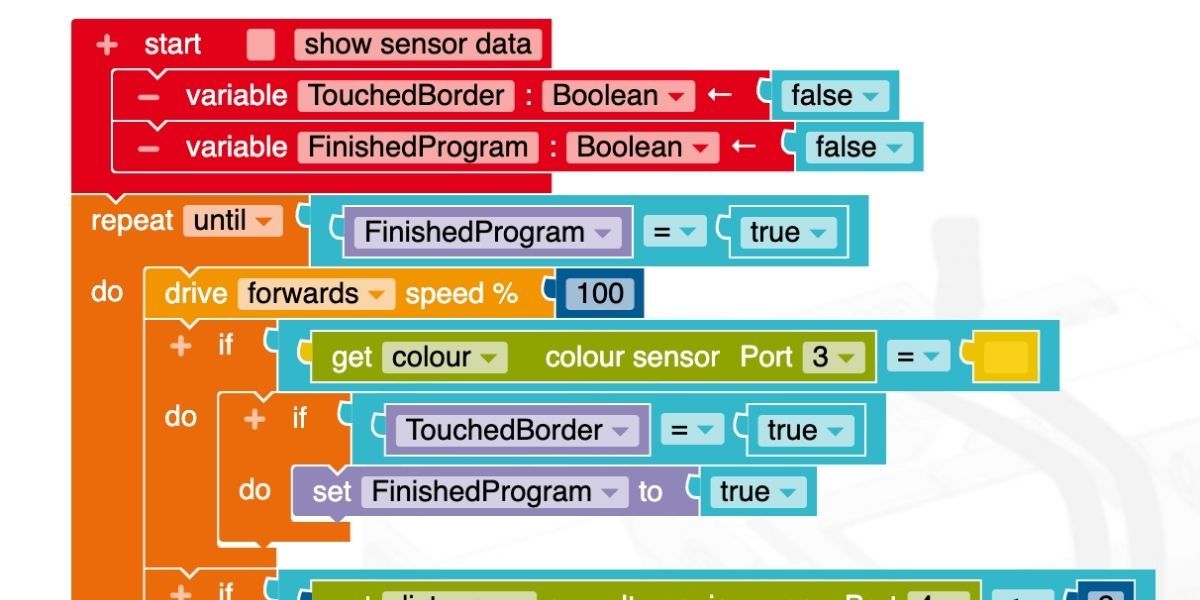CIS student's online robotics challenge
As a robotics enthusiast and member of CIS’s First LEGO League club, Andrew T was looking forward to participating in the annual First LEGO League competition, an event CIS has been the host school for the past 4 years. Although the event was cancelled this year due as a result of COVID restrictions, Andrew was not discouraged. Instead, he saw it as an opportunity to organise and host CIS’s first online robotics simulation challenge! These challenges allow students in grades 7 to 12 to showcase their analytical, problem-solving and coding skills.
Turning challenges into opportunities
Andrew said, “Originally, the plan was for me to help Mr Studlo run the First LEGO League club as my CAS project. The club prepares its members to compete in a robotics competition held internationally every year. Unfortunately, the club was cancelled this year due to COVID, so I went ahead and decided to host an online simulation challenge instead.”
Andrew’s vision was for the robotics challenge to be an asynchronous challenge, one that did not have to run concurrently or within an allocated space of time, that allowed participants to work on weekly challenges at their own pace. This meant that participants would be assessed based on the precision and accuracy of their solutions, rather than how fast they could finish the challenge.
“This is fairer for everyone and encourages participants to find the most efficient (and strategic) way to complete the challenge, instead of rushing to finish it,” Andrew said.
The online robotics competition, which ran from 23 August to 20 September, issued weekly challenges like these:
Week 1: Move the robot from the blue box to the red box around the obstacle
Week 2: Move the robot from the blue rectangle to the yellow box and back. Repeat the same action for the other boxes.
Week 3: Move the robot around the play area and leave a 30cm border
Week 4: Move the robot to touch the play area border on the right and then move it back to the yellow box.
While these challenges might sound simple, Andrew stressed that only participants who could code the least number of lines would score the highest points. The weekly challenges would also become increasingly difficult so that participants were kept “on their toes”. As the number of participants was a small group, Andrew chose to give an e-certificate to everyone who participated instead of choosing a winner. He said, “I implemented the point system to encourage some healthy competition but at the end of the day, everyone received an e-certificate because I wanted to show my appreciation to everyone who had participated in this challenge despite their heavy school workload.”

Reflection
Organising the online robotics competition presented Andrew with a few new challenges, one of them was the fact that his fellow students could not stay after school due to COVID restrictions.
“Initially I was wondering how I would host the competition if students were not available after school but after discussing it with Mr Studlo, I decided to run the competition asynchronously via an online LEGO robotics simulation platform.”
“Having my plans disrupted due to COVID taught me how to adapt to evolving situations - and since I had a tight schedule, I also learned to be more organised and effectively manage my time by writing a to-do list in my calendar every week. “
He said, “I plan to attend NTU (Nanyang Technological University) to pursue further studies in Mechanical Engineering before I move on to specialise in robotics. My dream is to work at Boston Dynamics so I can create various helpful robots that can work in dangerous conditions to prevent the loss of human life.”